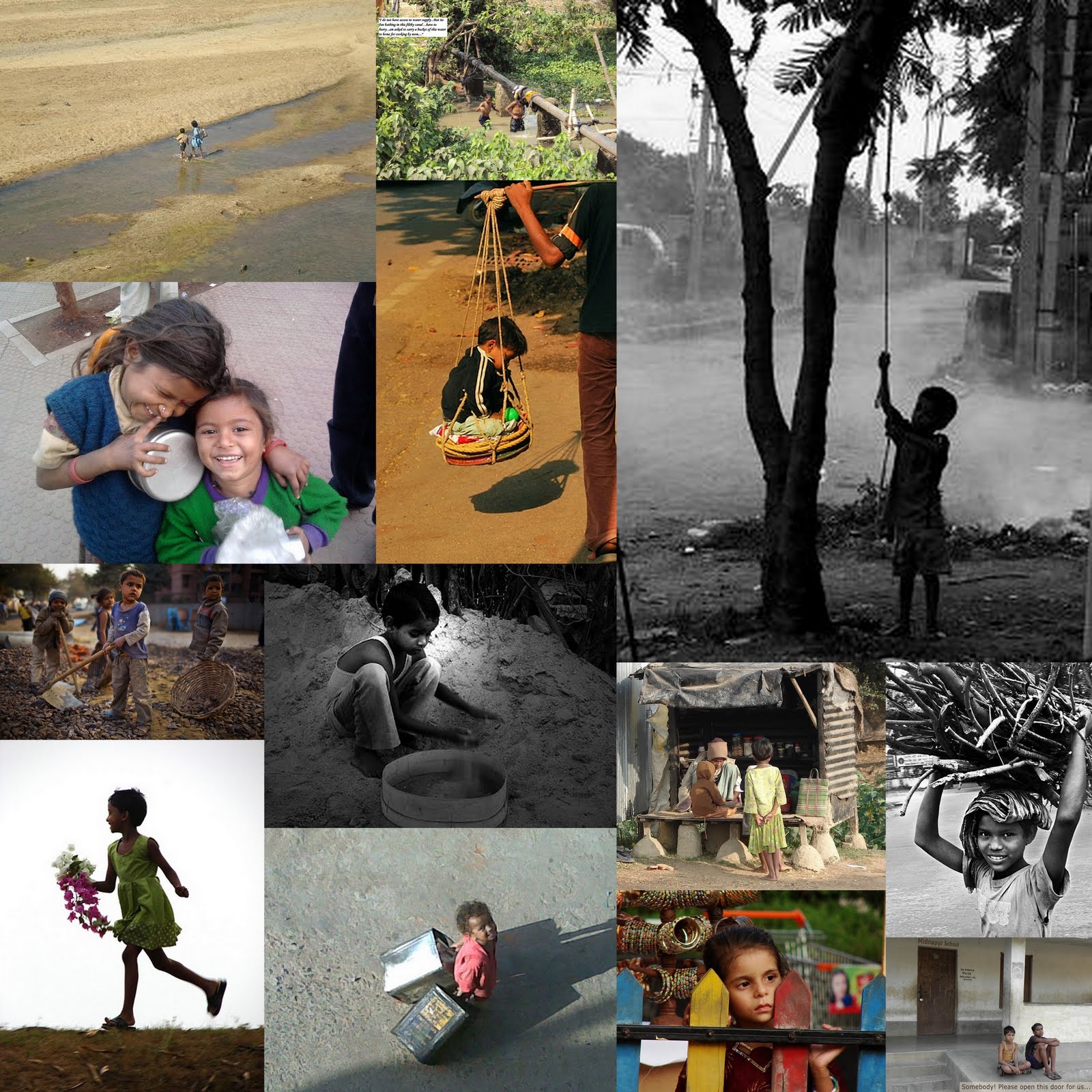OUR SPECIAL CORRESPONDENT
New Delhi, Feb. 22: India has notified education as a fundamental right for all children between 6 and 14 years, enabling them and their parents to legally demand schooling from the government for the academic session beginning April 1.
Eight years after Parliament amended the Constitution recognising education as a fundamental right, the government has finally notified the amendment and a law was passed last year to make the right a reality.
The notification, dated February 19, was received by the human resource development ministry today and has set in motion a chain of measures the ministry and state governments need to take to effectively implement the law.
Starting April 1, the Centre or state governments can be hauled up in court for failing to provide schooling to any child between 6 and 14.
Schools can be penalised for seeking donations, screening students for admissions and for corporal punishment under the Right of Children to Free and Compulsory Education Act, 2009.
But top government sources cautioned that a shortage of physical infrastructure and funding could discourage states from promptly notifying rules to accompany the law.
In the absence of a state notifying rules, the law may merely lead to a stacking up of cases in court as the local government may be unable to effectively implement the provision.
“We expect teething problems in the first few months. But no government wants to face a mountain of cases and the notification should propel them towards urgent implementation,” a ministry source said.
Last year, after both Houses of Parliament passed the act, HRD minister Kapil Sibal had promised that the government would implement it from the 2010 session.
But the Centre has since struggled to put in place the financial, statutory and infrastructural backbone for the landmark law that holds the government legally accountable for schooling to all.
The notification now binds the central and state governments to guarantee schooling — irrespective of how prepared they are.
The ministry has been keen on a fund-sharing arrangement with states under which the Centre will bear 65 per cent of the expenses on implementing the law while the states will bear the remaining 35 per cent.
This has been the Centre’s preferred sharing ratio for over a year now, after it became apparent that states would be unable to fund more than 35 per cent of the expenditure on implementing the law.
But most state governments have refused to accept even a 65:35 sharing ratio, and are insisting that the Centre fund at least 80 per cent of the total expenditure.
No decision has been taken on the fund-sharing yet because of the differences, top sources confirmed.
The ministry has circulated among states a set of model rules specifying the architecture needed to implement the law.
Please visit the link http://www.telegraphindia.com/1100223/jsp/nation/story_12140342.jsp for the actual webpage.
-- Volunteer Blogging Team
.jpg)